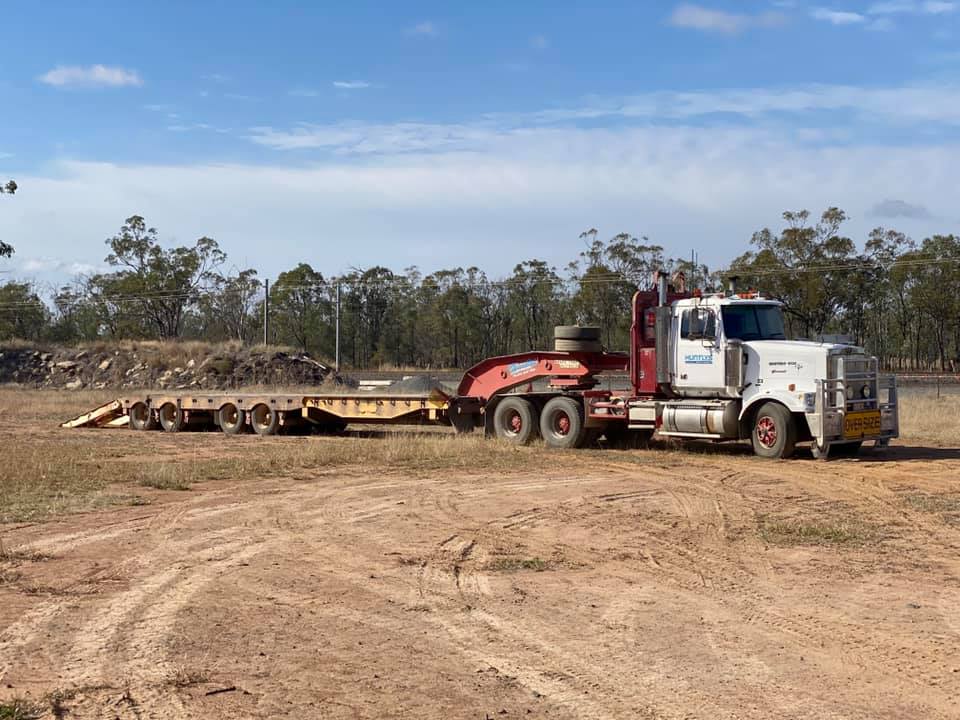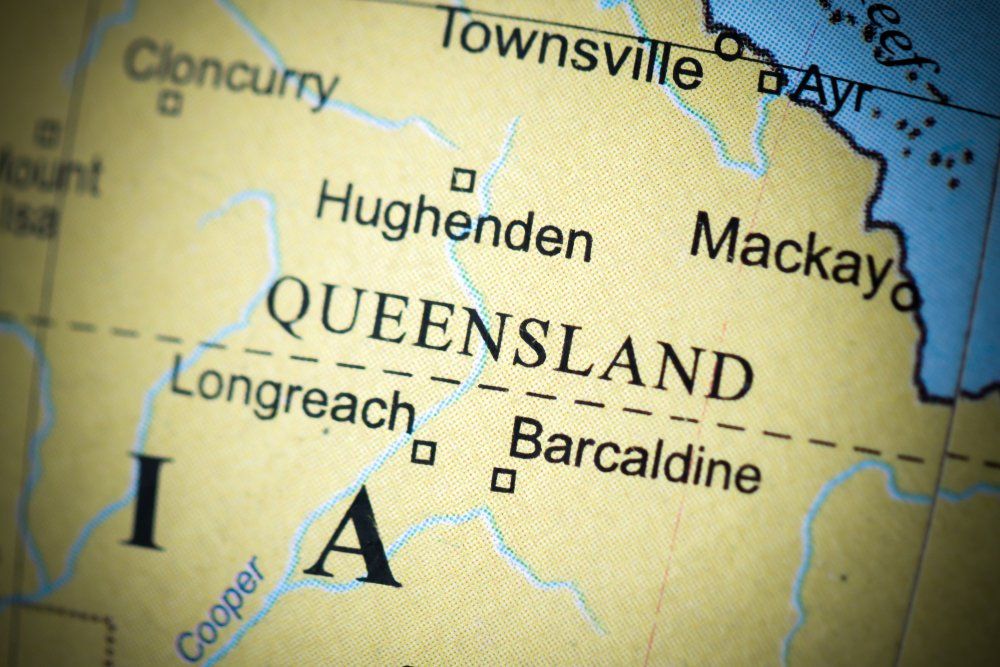State-wide Transport for Heavy Machinery Rockhampton
Home / State Wide Transport
Extensive Capabilities
Based in Rockhampton, Huntlys Heavy Equipment delivers tailored transport solutions state wide. Our operators travel across Queensland to provide trusted heavy haulage, machinery hire and truck hire services for our clients. We’re equipped to transport heavy machinery up to 52-tonnes from Brisbane to Cairns or Longreach—you tell us where to pick-up and we’ll deliver it reliably, safely and cost-effectively.
Our expansive fleet is modern, robust and well-maintained so we’re always ready to take on even the most demanding transit assignments. Backed by experience and a commitment to excellence, you can rely on
Huntlys Heavy Equipment for your freight and transportation needs.
Operating Across Greater Queensland
Over the years, we’ve proved ourselves capable of transporting heavy machinery and equipment with utmost precision and efficiency. As a result, we’ve developed strong working relationships with clients across a range of industry sectors including mining, civil, industrial, energy and infrastructure. We understand that when our clients need heavy haulage or machinery hire state-wide—safety and efficiency is paramount. At Huntlys Heavy Equipment, we have a proven success record and strive to complete every job on time and to the highest standard.
Our main service areas include
Yeppoon,
Gladstone and the
Central Highlands, however we’ll travel state-wide to meet your project demands, including Longreach, Jundah, Mackay, Townsville and Cairns. To request a quote for heavy haulage, call us at Huntlys Heavy Equipment.






